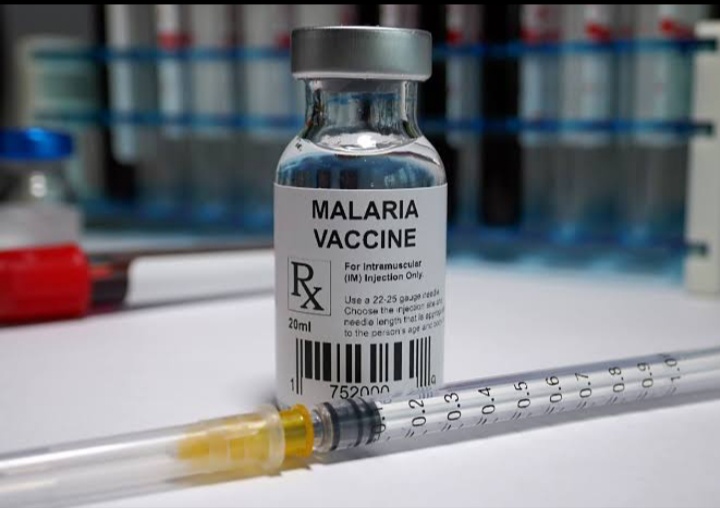By Esther Samson
Nigeria has taken a major step in combating its dual public health challenges of malaria and Anti-microbial resistance with the rollout of the malaria vaccine today in Bayelsa and Kebbi States, targeting areas with the highest malaria prevalence.
In addition, the country has reaffirmed its commitment to addressing antimicrobial resistance (AMR), an emerging global health threat.
Nigeria’s efforts have also gained international recognition, as it will host the 5th Global Ministerial Meeting on AMR in 2026, succeeding Saudi Arabia.
The malaria vaccine initiative was unveiled during an online briefing by Coordinating Minister of Health and Social Welfare, Professor Ali Pate, who emphasized the pressing need for the intervention considering that Nigeria accounts for 27% of global malaria cases and 31% of malaria-related deaths.
“This week marks another important step forward for our country as Nigeria, under the leadership of President Bola Ahmed Tinubu, begins to roll out the malaria vaccines starting with all local governments in Bayelsa and Kebbi states. Our determination to end malaria is not predicated on the mobilization of this important vaccine alone.
“We are aligning all levels of government to adopt preventative measures to safeguard lives and ensure treatment is available for those who need it“ he said.
The Minister outlined key initiatives to combat malaria, including partnerships with the Nigerian Governors Forum and the creation of the Advisory Group on Malaria Elimination in Nigeria (AMEN).
“Earlier this year, we identified strategic actions to combat malaria and accelerate its elimination, including the development of a costed plan that explicitly details trade-offs,” Pate said.
He also noted reforms to improve malaria case management and ensure the affordability and availability of treatments through partnerships with global initiatives like the Affordable Medicines for Malaria venture.
He also stated, “We are retraining Nigeria’s frontline health workforce to improve testing, treatment, and community awareness.”
Pate praised the support of development partners, including the World Health Organization (WHO), the Global Fund, and the Gavi Alliance. He revealed that AMEN had recently held its inaugural meeting in Abuja, chaired by Emeritus Professor Rosa Leki.
Pate highlighted AMR as a major threat to global health security, explaining that it arises when microorganisms evolve to resist antimicrobial treatments, creating a severe challenge for life-saving interventions. To combat this, he mentioned that Nigeria has launched its Second National Action Plan on AMR, along with a National Genomic Surveillance Strategy.
“These initiatives aim to strengthen the country’s healthcare resilience and position Nigeria as a leader in health security in Africa and globally.
“The second national plan on AMR and the National Genomic Surveillance Strategy are pivotal to the Nigeria Health Sector Renewal Investment Initiative.
“By addressing both current and future threats, these strategies ensure better health outcomes and security for Nigerians.
“The integration of genomic surveillance with AMR efforts will enhance Nigeria’s ability to detect and respond to emerging health threats.
“This synergy positions Nigeria as a key player in the global fight against AMR while improving public health security,” he said.
The Minister underscored the global urgency of AMR, which contributed to 4.7 million deaths worldwide in 2021, noting that “Our approach integrates human, animal, and environmental health using a One Health framework.
“Genomic technologies will revolutionize how we detect, monitor, and respond to infectious diseases.”
Pate commended the contributions of Professor Christian Happi of Redeemer’s University, whose work in genomic research has gained global acclaim.
In a testament to Nigeria’s progress, he also announced that the country had been selected to host the 5th Global High-Level Ministerial Meeting on AMR in 2026.
“Nigeria will welcome member states as the host nation of this biannual meeting, taking a global leadership role in advancing the One Health approach to AMR prevention and research.
“The real work now begins. With the commitment of all stakeholders, I am confident that under the bold leadership of President Bola Ahmed Tinubu, we will make significant strides in building a healthier, safer Nigeria that plays its part in African and global health security,” he said.





